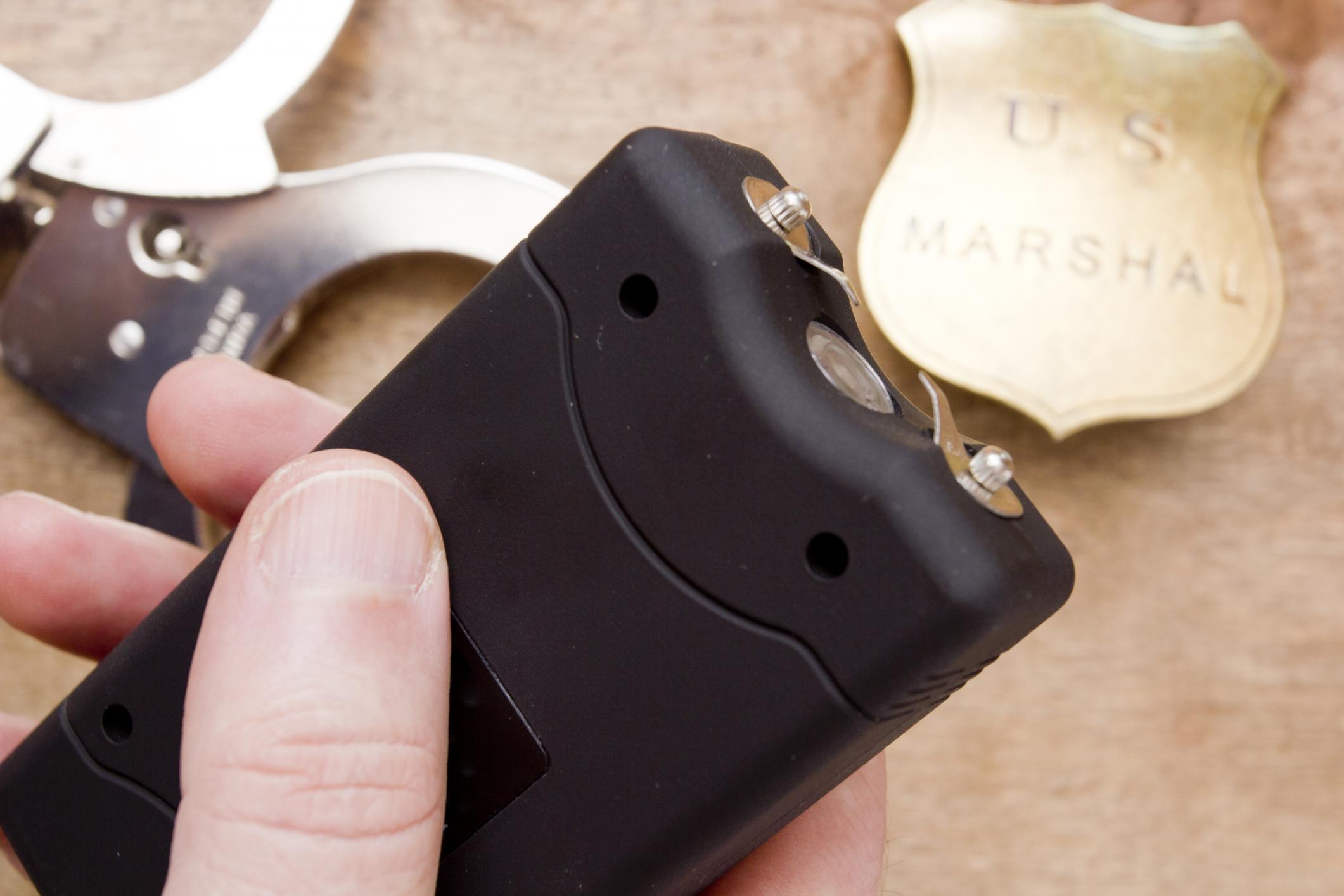
When is Self Defense Justified in Texas?
Have you or a family member been accused of assault when it was more a case of self-defense? If so, you need answers.
First, you should know that self-defense can often be a legal defense in Texas when facing an assault charge.
But not always.
What is self-defense?
For self-defense to be a valid legal strategy, a defendant must prove that he or she was justified in taking the unlawful action of an assault because the other person acted violently or made threats of violence.
Texas law holds that a person isn’t guilty of a crime when he or she committed actions for the purpose of self-protection which was reasonable at the time.
Amount of force must be reasonable
Often at issue is how much force a person uses to defend himself or herself. For self-defense to be a legal defense against a charge of an assault, it must be shown that the person used the minimum amount of force possible in order to fend off an attack — that is, it must be shown that the person used “reasonable” force.
If you assaulted someone in self-defense in order to protect yourself from violence or the threat of violence, the amount of force you applied in your assault must be considered reasonable. That is, it cannot exceed the amount of force needed to protect yourself, and the person you attacked cannot be a poor match for you in terms of age, gender or size.
If too much force was used, then self-defense cannot be a defense and the person can be charged with — and even convicted of — an assault. Such an assault may be a misdemeanor or a felony crime, depending on the severity, and it can lead to such punishments as steep fines and prolonged prison sentences.
Prosecutors must prove criminal intent
The prosecutor in an assault case has the burden of proving that the event was, in fact, an assault, and that the defendant is guilty beyond a reasonable doubt.
To do so, prosecutors must be able to show that criminal intent was behind the assault. This means showing that the defendant intentionally harmed or threatened another person with anger or malice.
An experienced criminal defense attorney can fight this claim in a number of ways, including establishing that the force applied was not in anger or malice, but rather was in self-defense.
However, by claiming self-defense, the burden of proof shifts to the defense lawyer. He or she must prove that the defendant was in immediate danger and believed force was necessary to prevent serious injury. A defense lawyer must also prove that only enough force was used to prevent such an injury.
Threat of violence is a defense
To establish self-defense, it isn’t necessary to show that the defendant was physically attacked before acting in self-defense. However, the defendant must have received at least a threat of violence in order to act in self-defense.
Establishing fault can be tricky, since it may be a case of one person’s word against another’s. Each may claim that the other was the aggressor.
If you assaulted someone out of self-defense, it’s important that your assault defense lawyer establish that you were not the first aggressor, but rather it was the person you assaulted in self-defense.
If you, the accused defendant, started a fight, it may be impossible to claim self-defense. Even so, if the other person escalated that conflict to a level of deadly force, you would have been within your legal rights to act accordingly by using deadly force in self-defense.
You can also be within your legal rights if you used deadly force to assault a burglar, prowler or arsonist in order to protect yourself and your property.
Texas’ ‘Castle Doctrine’ and ‘Stand Your Ground’ laws
Under Texas law on criminal responsibility (Texas Penal Code Section 9.01), also known as the “Castle Doctrine”—and which was enacted in 1995 and then expanded in 2007 as a “Stand Your Ground” law—a person may use “reasonable force” when defending their property, such as their home or their vehicle.
Thus, if your home or vehicle is being invaded unlawfully, you have a legal right not to retreat but rather to act in self-defense, even if you personally aren’t threatened with bodily injury.
Texas is among 27 states which have such “Stand Your Ground” laws. They mean you aren’t legally bound to retreat but rather have a right to stand your ground and defend your property if it’s being invaded unlawfully.
Defending others can be self-defense
Defending others can also be acceptable as a reasonable basis for an assault. In this case, it must be established that the defendant had reason to believe that a second person would be subjected to harm by a third person, and the defendant assaulted the third person in defense of the second person.
Under Texas law, you can also use force to stop various crimes in progress, depending on the circumstances.
Self-defense cases may not go to trial
In Texas, self-defense cases often don’t go to trial. Rather, prosecutors may decide to drop an assault case given certain conditions.
For instance, in July 2018, a Dallas mother wasn’t charged after she shot a carjacker who tried to steal her vehicle with her children in the back seat.
Also, a 2015 study of self-defense shootings in the United States found that only 12 of 146 such shootings led to the shooter being charged. In fact, Texas had the most such self-defense shootings, with 45, but only 2 of them were charged.
Hire an experienced self-defense lawyer
If you’ve been charged with assault, even though it was self-defense, you may need an experienced criminal defense lawyer to prove your case. Many self-defense charges can be dropped or dismissed before trial with the right attorney representing your legal interests and advocating on your behalf.
Contact us today at the Neal Davis Law Firm for your legal review.
Domestic Violence Offenses: Texas Criminal Defense
FREE E-BOOKLearn all about the legal process and your legal rights.

